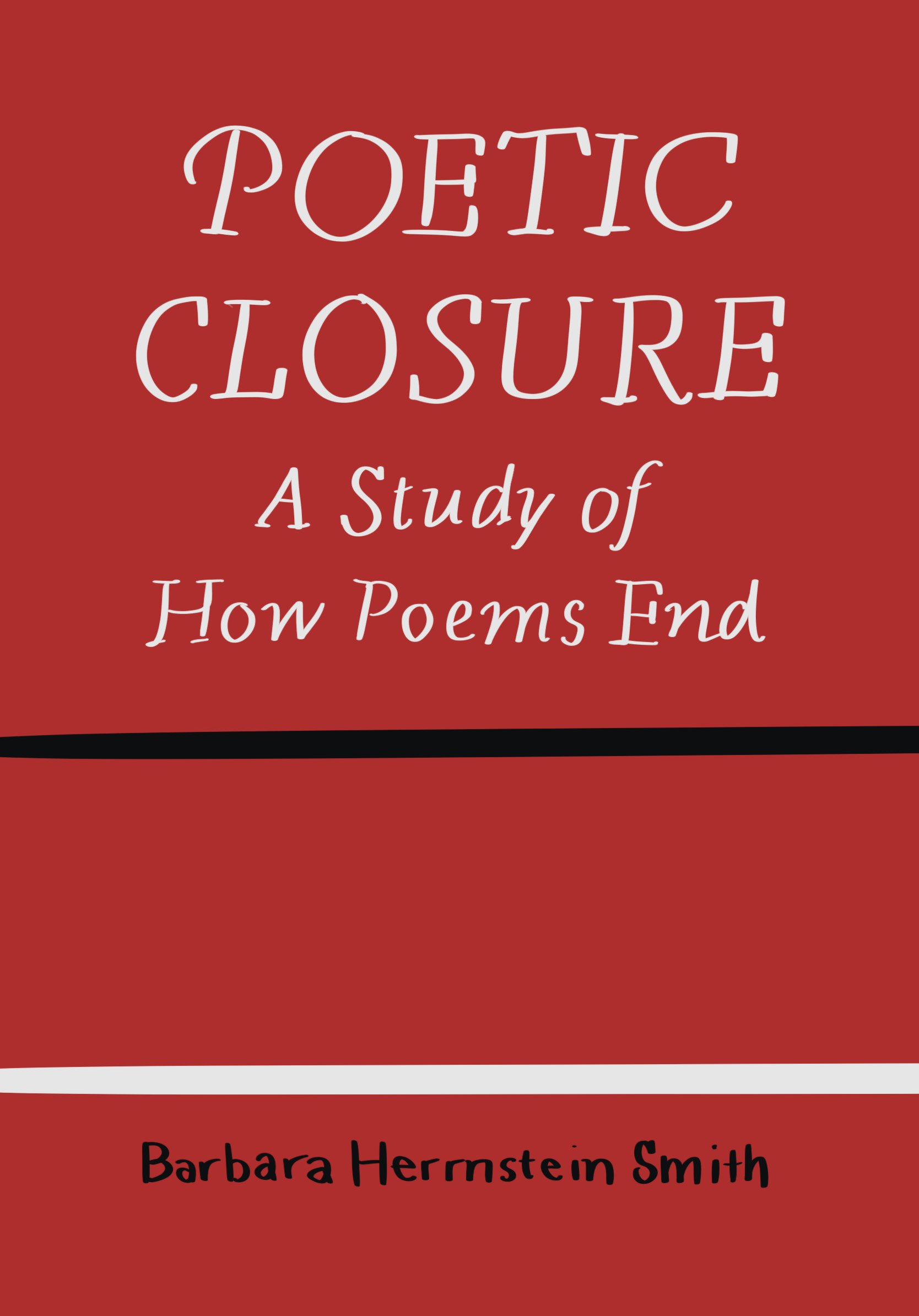On Beginnings
In life, the number of beginnings is exactly equal to the number of endings:
no one
has yet to begin a life
who will not end it.
In poetry, the number of beginnings so far exceeds the number of endings that we cannot even conceive of it.
Not
every poem is finished—one poem is abandoned,
another catches fire and is carried away by the wind,
which may be an ending,
but it is the ending of a poem without an end.

In the beginning was the Word.
Western civilization rests upon those words. And yet there is a lively group of thinkers who believe
that in the beginning was the Act, that nothing can precede action—
no breath before act,
no
thought before act,
no pervasive love before some kind of act.
I believe the poem is an act of the mind. I think it is easier to talk about the end of a poem than it is to talk about its beginning.
Because the poem ends on the page,
but it begins off the page,
it begins in the mind.
The mind acts, the mind wills a poem, often against our own will; somehow this happens, somehow a poem gets written in the middle of a chaotic holiday party that has just run out of ice, and it's your house.
An act of the mind.
To move,
to make happen,
to make manifest.
Be an act of Congress. A state of real
existence
rather than possibility.
And poets love possibility!
They love to wonder and explore.
Hard lot!
But the
poem, no
matter how full of possibility, has to exist! To conduct oneself, to behave. How a poem acts marks its
individual character. A poem by Glandolyn Blue does not sound like a poem by Timothy Sure. to pretend,
feign,
impersonate. That, too, yes and always, because self-consciousness is its own pretension, and has been from
its
beginning; the human mind is capable of a great elastic theatre. As the poet Ralph angel puts it,
“The poem is an interpretation of
weird
theatrical
shit.”
the weird theatrical shit is what goes on around us every day of our lives; an animal of only instinct, Johnny Ferret, has in his actions drama, but no theater;
theater requires that you draw a circle
around the action
and observe it from outside the circle;
...self-consciousness is theatre.

Everyone knows that if you query poets about how their poems begin, the answer is always the same:
a phrase,
a line,
a scrap of language,
a rhythm,
an image,
something seen,
heard,
witnessed,
or imagined.
And the lesson is
always the same, and young poets recognize this to be one of the most important lessons they can learn:
if you have any idea for a poem,
an exact grid of intent,
you are on the wrong path,
a dead-end alley,
at the
top of a
cliff you haven’t even climbed.
This is a lesson that can only be learned by trial and error. I believe many fine poems begin with ideas, but if you tell too many faces this, or tell it too loudly, they will get the wrong idea.



I have flipped through books, reading hundreds of opening and closing lines,
across ages,
across cultures,
across aesthetic schools,
and I have discovered that first lines are remarkably similar, even repeated,
and that
last lines are remarkably similar, even repeated.
Of course in all cases they remain remarkably distinct,
because the words belong to completely different poems. And i began to realize, reading these first and last
lines, that there are not only
the first
and last lines
of the lifelong sentence we each speak
but also the first
and last lines
of the long
piece of language
delivered to use by others,
by those we listen to.
And in the best of all possible lives, that beginning and that end are the same: in poem after poem I encountered words that mark the first something made out of language that we hear as children repeated night after night, like a refrain:
I love you.
I am here with you.
Don’t be afraid.
Go to sleep now.
And I encountered words that mark the last something made out of language that we hope to hear on earth:
I love you.
I am here with you.
Don’t be
afraid.
Go to sleep now.
But there is no book I know of on the subject of how poems begin. How can the origin be traced when there is no
form or shape that precedes it to trace? It is exactly like tracing the moment of the big bang—we can go back to
a nanosecond before the beginning,
before the universe burst into being, but...
we can’t go back to the precise beginning
because that would precede knowledge,
and we can’t “know” anything
before “knowing” itself was born.

Bachelard’s sentence simply says this:
origins (beginnings)
have consequences (endings).
The poem is the consequence of its origins.